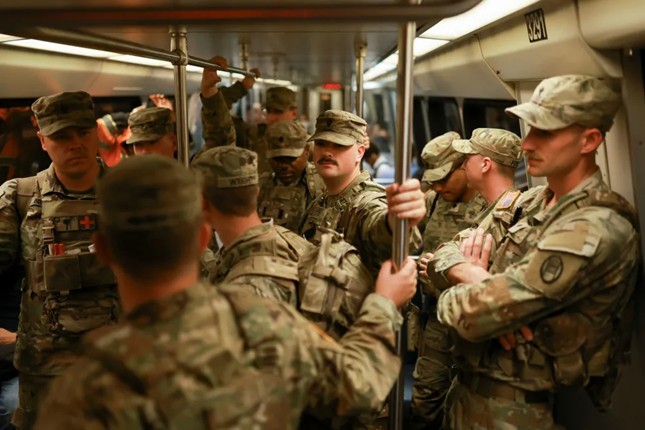Finals week is one of the most demanding times of the year for college students, which is why Gannon University’s Nash Library is bringing in therapy dogs to help reduce stress and offer a break from studying.
Students are encouraged to take a step back from studying and visit the dogs at 7 p.m. Sunday, Dec. 15. The dogs are part of an organization called Therapy Dogs United.
According to Pat Christianson, founder and executive director of Therapy Dogs United, the organization is responsible for certifying therapy dogs. Her team evaluates the dogs based on temperament and obedience. These dogs are used for therapeutic reasons; they are not service or guide dogs.
Once the dog passes, it joins the organization as a therapy dog. Owners can pick and choose what specific events their dog wishes to attend. Events range from visiting seniors, children with autism to college students, Christianson said.
There are approximately 400 members of Therapy Dogs United, from the Erie and Pittsburgh areas.
Ken Brundage, director of Nash Library, said this is the first time Gannon has brought animals in to help students. The night is a trial run in order to see how many students participate and the benefits. If the event impacts the university positively, Brundage said it will most likely happen during finals week in the spring.
As of right now, six dog owners have signed up and all different breeds, including a black Labrador retriever and a Dalmatian. The dogs will be in the lobby or very close to it in the library. Depending on the noise level and how crowded the area may get, they might be moved to a specific room in the library. That has yet to be announced.
According to the Therapy Dogs United website, people are more responsive before and after their visit with an animal. Various medical studies reported that therapy dogs provide medical benefits, like reduced stress and lower blood pressure, as well as bring a sense of comfort and companionship to people.
Brundage said he hopes that the therapy session will relieve students and help them with their studies.
“I’m hoping that something like this will help students take a step back, take a break and do their best,” Brundage said.
Ethan Kelly, a junior biology major and dog enthusiast said he believes the idea to bring in dogs is great and he hopes it continues.
“Dogs help you with all kinds of stress; just petting a dog brings down stress,” Kelly said. “People try to study for ten hours straight but the dogs will bring people away from that. I like to see it done during midterms as well.”
SAMMIE JANIK







